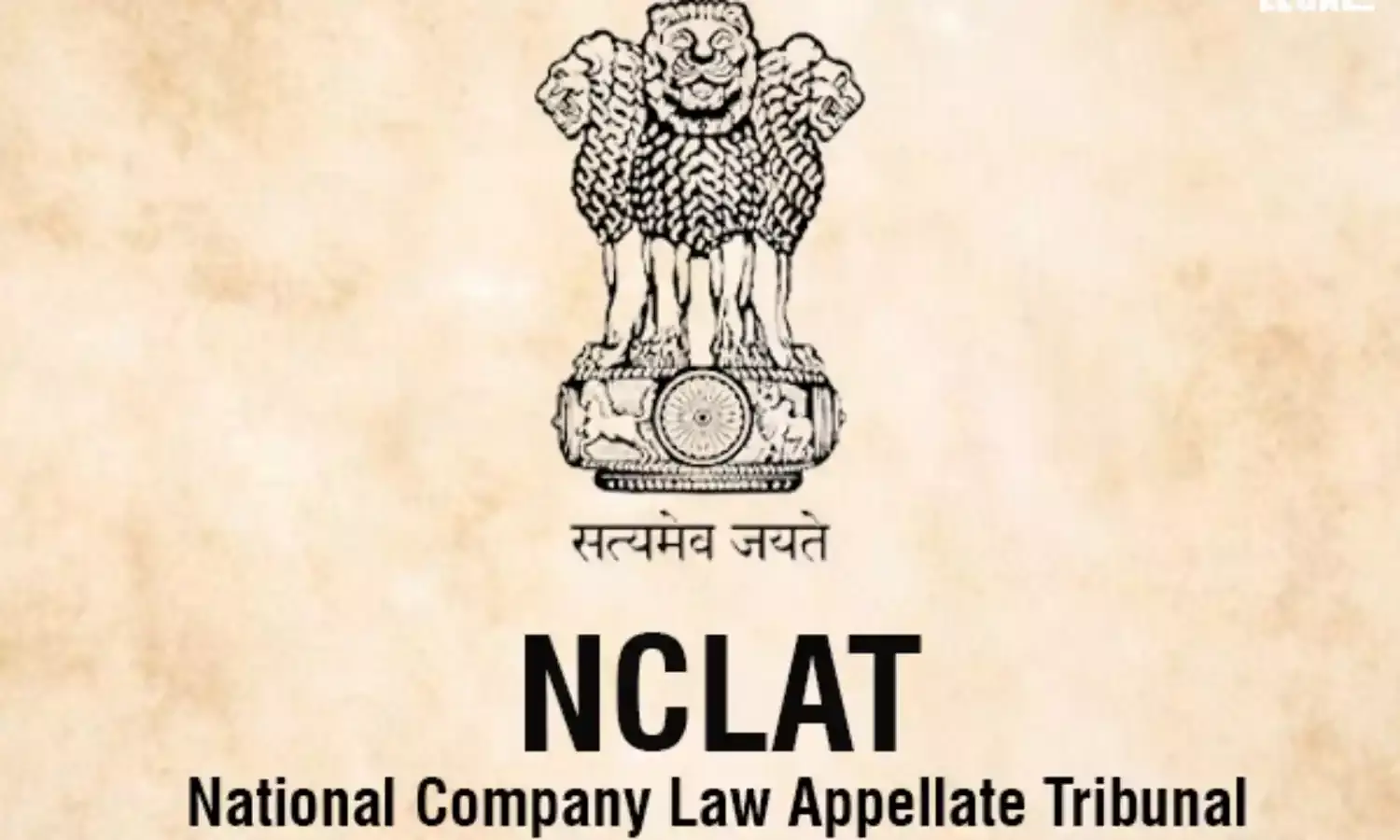NCLAT Delhi: Denial of Reliefs and Concessions by NCLT Does Not Affect Resolution Plan Validity
The National Company Law Appellate Tribunal (NCLAT) Delhi, bench chaired by Justice Ashok Bhushan (Chairperson) and Mr.;

NCLAT Delhi: Denial of Reliefs and Concessions by NCLT Does Not Affect Resolution Plan Validity
The National Company Law Appellate Tribunal (NCLAT) Delhi, bench chaired by Justice Ashok Bhushan (Chairperson) and Mr. Barun Mitra (Technical Member), has determined that the denial of reliefs and concessions by the National Company Law Tribunal (NCLT) does not adversely impact the validity of the Resolution Plan and does not constitute a violation of the law.
On February 7, 2003, the Yamuna Expressway Industrial Development Authority and Jaiprakash Associates Limited (JAL) executed a concession agreement, granting JAL the concession to construct the expressway. Under the agreement, JAL was authorized to collect toll charges for 36 years and develop 6177 acres at the actual compensation cost. Subsequently, Jaypee Infratech Ltd. (corporate debtor) assumed all the rights and responsibilities outlined in the agreement.
The project received financial backing from a consortium of banks. The Corporate Insolvency Resolution Process (CIRP), initiated by IDBI Bank against the corporate debtor, was reinstated by the Supreme Court. Subsequently, resolution plans proposed by Suraksha Realty and NBCC were endorsed by both the Committee of Creditors (CoC) and the NCLT New Delhi on March 7, 2023.
JAL and Manoj Gaur, the former Managing Director and personal guarantor of the corporate debtor's loan, have filed appeals against the NCLT Delhi's order endorsing the resolution plans in the Corporate Insolvency Resolution Process (CIRP) of the corporate debtor.
The NCLAT Delhi rejected the appeals, affirming that the absence of any grants or concessions by the NCLT does not adversely impact the validity of the Resolution Plan and does not constitute a violation of the law.
The Appellate Tribunal noted that the Successful Resolution Applicant ('SRA') had requested the issuance of necessary directives to SEBI, relevant stock exchanges, and the Ministry of Corporate Affairs. These directives were aimed at expediting the delisting of shares and ensuring timely actions within the legal framework to implement the resolution plan.
As a result, the NCLAT found the objection raised by the appellant, alleging that the NCLT Delhi had exceeded its jurisdiction by granting various reliefs and concessions through directives, to be without merit. The sole purpose of issuing these directives was to facilitate the implementation of the resolution plan and not violate any statutory provisions. The inclusion of the phrase "as applicable under the prevailing laws" indicated that the Successful Resolution Applicant (SRA) sought compliance with the law and not relief or concessions that would contravene any regulations.
Furthermore, the NCLAT emphasized that the lack of granted reliefs and concessions does not affect the validity of the Resolution Plan, as explicitly mentioned in the NCLT Delhi's order, and thus does not amount to a breach of the law. Moreover, the Successful Resolution Applicant (SRA) has not contested the non-approval of any reliefs or concessions.
The NCLAT stressed that the Successful Resolution Applicant (SRA) is required to execute the Resolution Plan regardless of whether certain reliefs and concessions are approved or not. It dismissed the appellant's contention that the absence of approval for specific reliefs and concessions renders the resolution plan unapprovable and necessitates its referral back to the Committee of Creditors (CoC).
The Appellate Tribunal drew on the Supreme Court's ruling in Anuj Jain v. Axis Bank Ltd., particularly concerning the inclusion of 758 acres of land in the Resolution Plan, acquired by the corporate debtor post-the avoidance application, and the Supreme Court's judgment on 26.02.2020. It concluded that the Supreme Court's decision in Jaypee Kensington pointed out that even NBCC's plan sought relief for 858 acres of land.
The Appellate Tribunal noted that both Resolution Applicants were cognizant of the Supreme Court's order on 26.02.2020, and there was no justification for excluding the land made available to the corporate debtor after the removal of encumbrances. Therefore, the appellant's contention that the 758 acres of land were not encompassed in Suraksha Realty's proposed plan lacks merit.
In conclusion, the NCLAT dismissed the appeals, finding no basis to intervene in NCLT Delhi's decision dated 07.03.2023.

